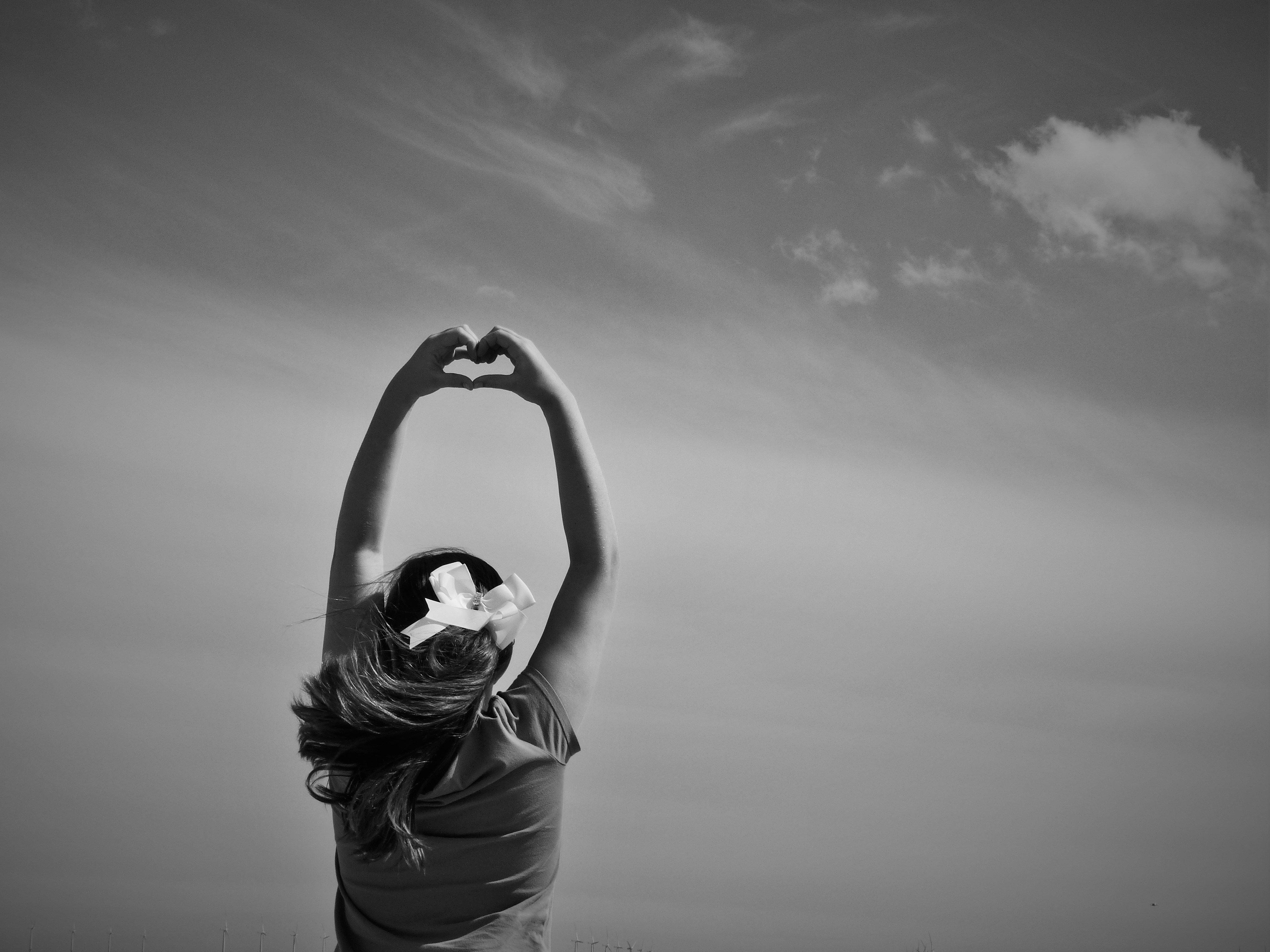We’ve all heard the saying: “you have to love yourself before you can love others.” It’s a phrase that sounds wise, almost poetic. But when we pause to think about it, questions quickly arise: What does it actually mean to love yourself? And how do you go about doing it in real, everyday life?
When I think of self-love, my mind often turns to the idea of self-care—candles, baths, yoga, journaling, or a quiet evening spent unwinding. These are beautiful practices, but they’re not the full picture. They aren’t the destination so much as the pathway. Because self-love isn’t just about what we do; it’s about how we listen. It’s about noticing what we truly need in any given moment and choosing to respond with care.
Imagine yourself as a cup of water. Each day, you pour from that cup—into your work, your relationships, your creativity, your spirituality. But your water isn’t endless. If you keep pouring without paying attention, the cup will eventually run dry.
This is where mindfulness becomes essential. It gives us the space to slow down and ask: Am I full? Am I nearly empty? What is it that I need right now? The answers won’t always look the same. Sometimes we need rest, sometimes movement, sometimes connection or solitude. Mindfulness helps us identify those needs in real time, without judgment.
Self-love, then, is not abstract. It’s profoundly practical. It’s the daily act of tuning in, honoring our needs, and taking steps to refill our cup. When we do this, we create the capacity to keep giving—sustainably, joyfully—to the people we love, the work that matters to us, and the life we’re shaping.
And perhaps most importantly, self-love is not selfish. It’s what allows us to remain connected to ourselves while staying deeply connected to others. It’s the rhythm of pouring in and pouring out, a cycle that nourishes not only us, but everyone we touch.
